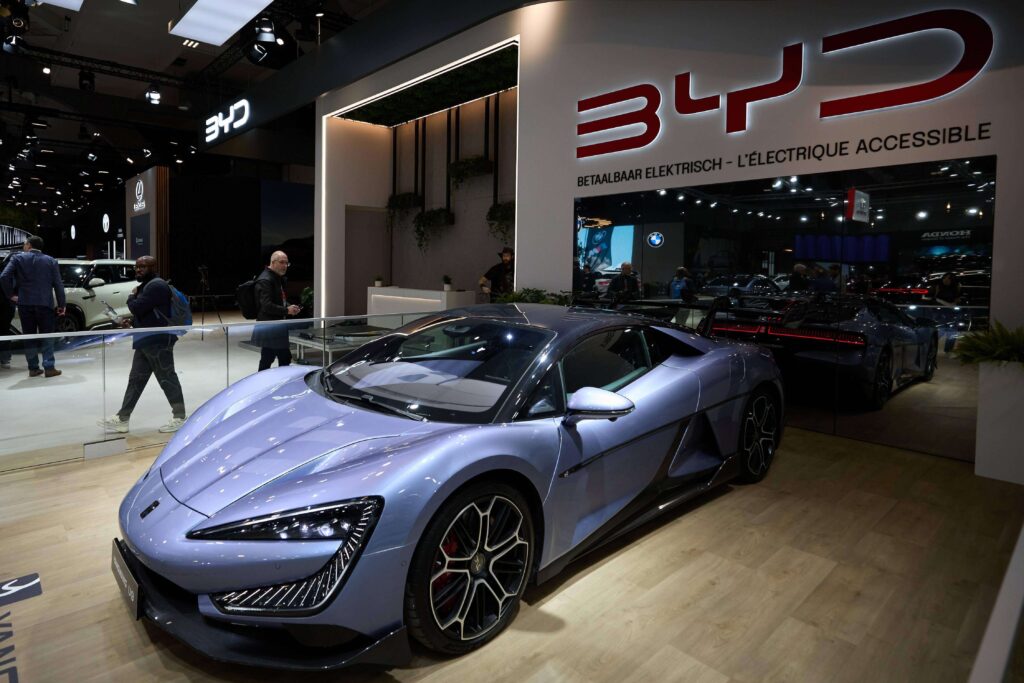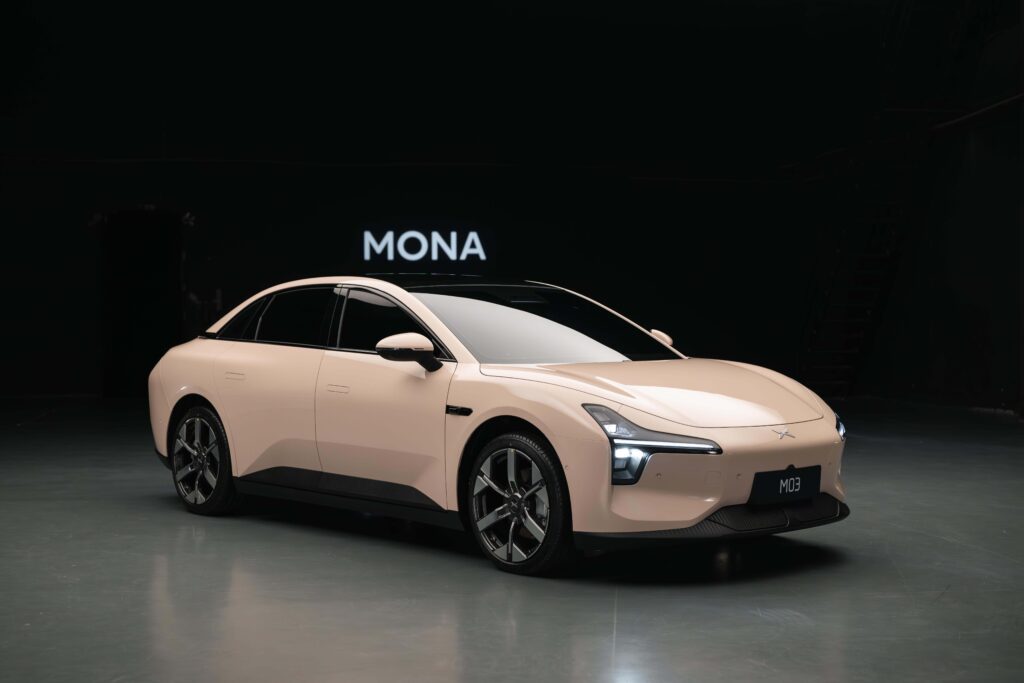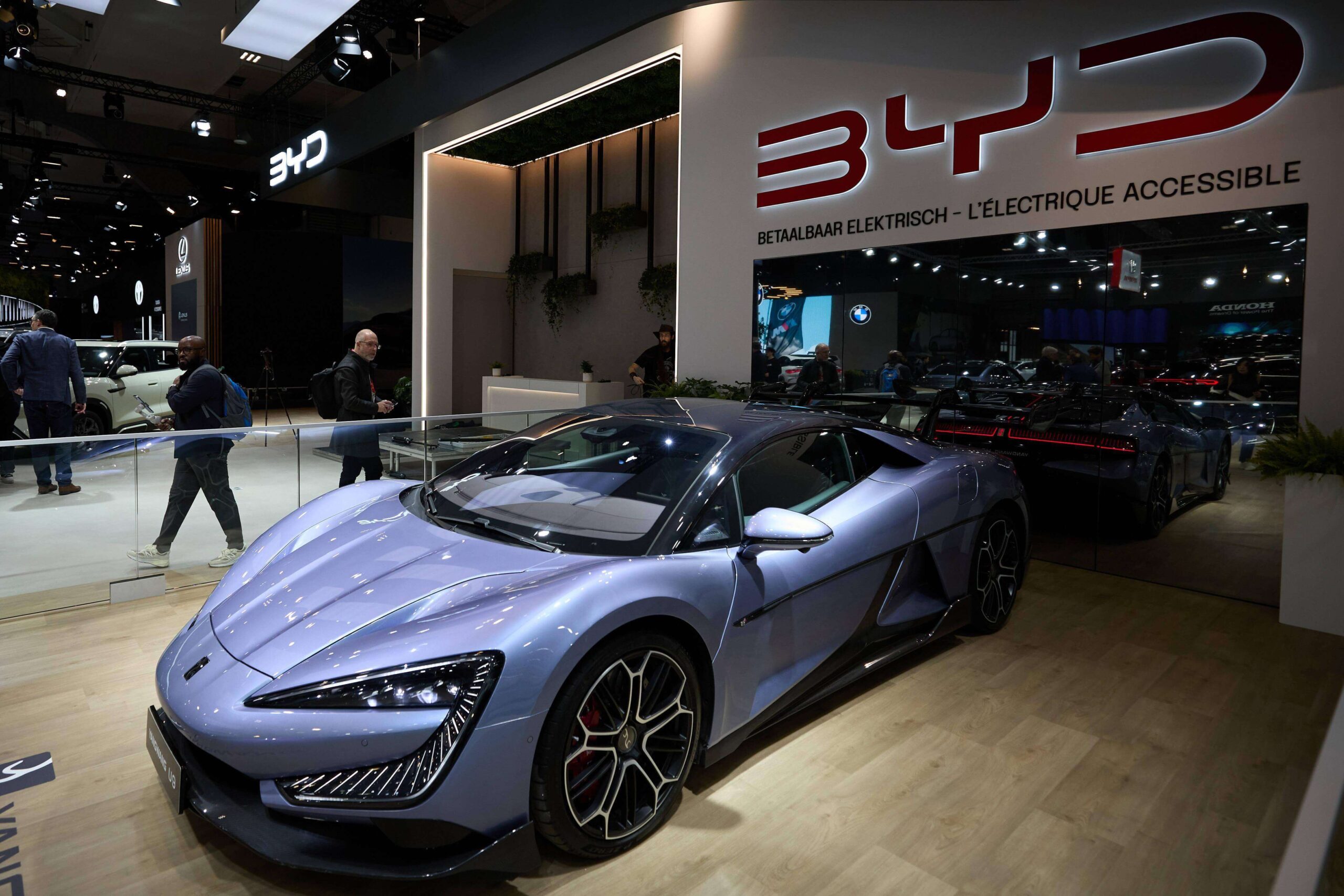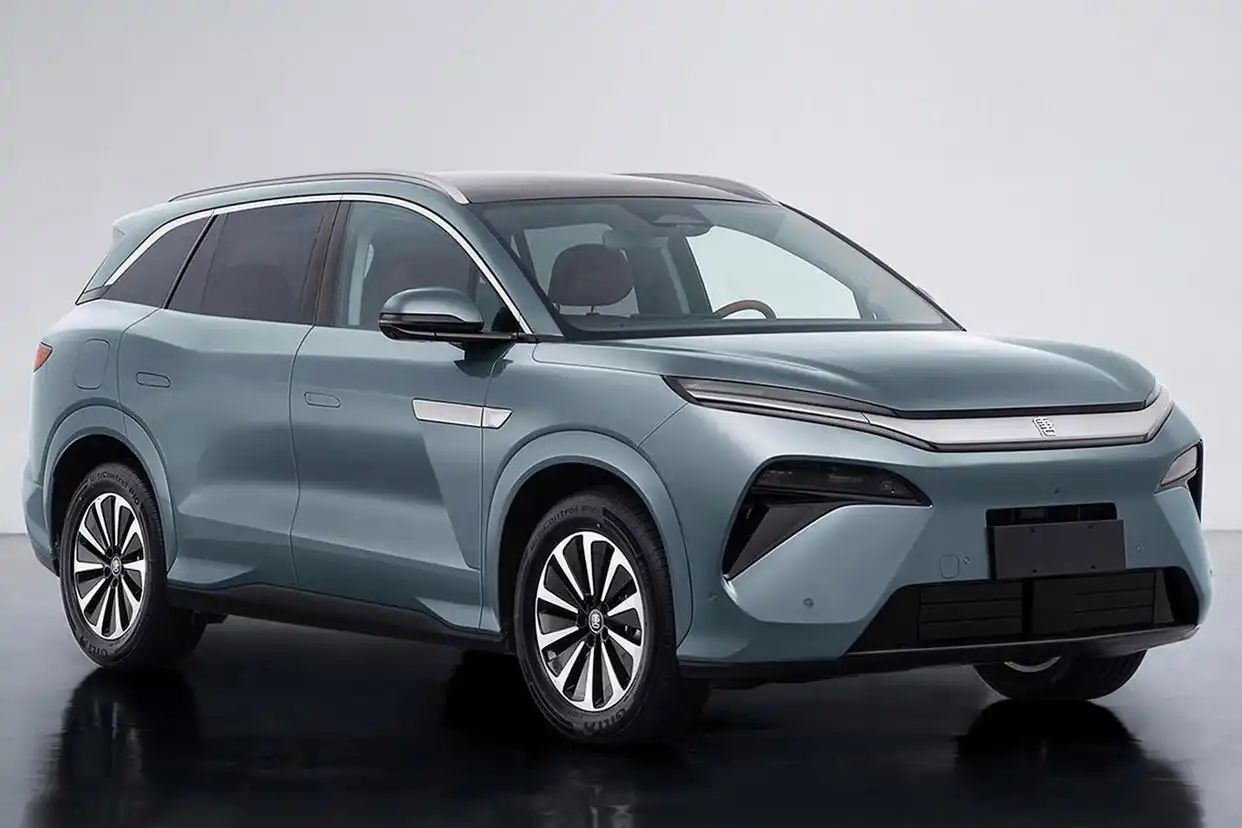How much does it cost to import a car from China to the UK? This is a key question for UK buyers interested in Chinese-made vehicles, from popular electric models like the BYD Seal to traditional fuel-powered cars. While competitive pricing and advanced technology make Chinese cars attractive, the total cost of ownership depends heavily on import duties, VAT, shipping fees, logistics, and compliance with UK safety regulations. This guide explains the full financial journey—from factory floor in China to your driveway in the UK—helping consumers understand the real expenses and hidden costs before making a purchase decision.
1. Core Import Taxes: The 30–60% Price Surge
The UK government imposes three key taxes on imported vehicles, each calculated on a specific basis:
- Customs Duty (10%): Charged on the car’s “landed cost” (factory price + shipping + insurance) / manufacturer profit. For a £20,000 Chinese EV, this adds £2,000.
- Value Added Tax (VAT, 20%): Applied to the total landed cost plus customs duty. Using the same £20,000 car, VAT becomes £4,400 (20% of £22,000).
- Vehicle Excise Duty (VED): Varies by CO₂ emissions. Zero-emission cars pay £0 annually, while high-pollution models exceed £500/year.
Real-World Example: A £15,000 Chinese hatchback with £3,000 shipping costs faces £1,800 customs duty (10% of £18,000) and £3,960 VAT (20% of £19,800). Total taxes: £5,760, which pushes the pre-VED price to £23,760.

2. Shipping & Logistics: The £1,200–£5,000 Hidden Cost
Transporting a car from Shanghai to Southampton involves multiple layers:
- Ocean Freight: Roll-on/roll-off (RoRo) ships cost £1,200–£2,500 per vehicle, while container shipping (safer for luxury models) ranges £2,000–£5,000.
- Port Fees: UK handling charges add £200–£500, including unloading, storage, and customs clearance.
- Inland Transport: Delivering the car from port to dealer costs £100–£300.
Case Study: A BYD Atto 3 imported via RoRo incurs £1,500 shipping + £400 port fees + £200 delivery = £2,100 in logistics. Combined with taxes, a £25,000 Chinese EV becomes £35,860 before VED.
3. Compliance Costs: £500–£2,000 for Safety & Emissions
UK law requires imported cars to meet stringent standards:
- Type Approval: Converting right-hand drive (RHD) and upgrading emissions systems costs £500–£1,500.
- IVA Test: The Individual Vehicle Approval test (mandatory for non-EU imports) adds £400–£600.
- Homologation Delays: Certification backlogs can extend lead times by 4–8 weeks, increasing storage fees.
Example: A Great Wall Motors pickup needing RHD conversion and Euro 6 compliance spends £1,200 on modifications + £500 IVA fees = £1,700 in compliance costs.

4. Dealer Markups & Ancillary Fees: The Final 10–20%
UK dealers typically add 10–20% margin to cover overheads:
- Importer Profit: A £30,000 car after taxes/shipping might retail for £33,000–£36,000.
- Warranty & Servicing: Extended warranties (£300–£800/year) and spare parts availability impact long-term costs.
- Currency Risks: Fluctuating RMB-GBP exchange rates can add 2–5% unpredictability.
Total Cost Breakdown:
- Factory Price: £15,000
- Shipping: £2,100
- Taxes (Duty + VAT): £5,760
- Compliance: £1,700
- Dealer Margin: £3,240 (12% of post-tax price)
Final Price: £27,800 (vs. £15,000 factory cost)

Strategies to Minimise Costs
- Choose Low-Emission Models: Zero VED and potential VAT exemptions for commercial fleets.
- Consolidate Shipments: Group imports with other buyers to reduce per-unit freight costs.
- Pre-Clear Customs: Use a customs broker to avoid storage fees during clearance delays.
- Monitor Exchange Rates: Lock in rates via forward contracts to hedge against currency swings.
So, how much does it cost to import a car from China to the UK? For most UK buyers, the final price goes far beyond the factory sticker, as taxes, logistics, customs duties, and compliance checks can nearly double the original cost. The smartest approach is to work with reliable importers who provide transparent pricing and request a detailed “landed cost” quote that covers every fee upfront. By understanding the full cost structure and planning ahead, UK consumers can enjoy the benefits of Chinese-made vehicles while avoiding hidden expenses and regulatory pitfalls.




I loved as much as you will receive carried out right here. The sketch is tasteful, your authored subject matter stylish. nonetheless, you command get bought an nervousness over that you wish be delivering the following. unwell unquestionably come further formerly again as exactly the same nearly very often inside case you shield this increase.
Thank you for liking it.